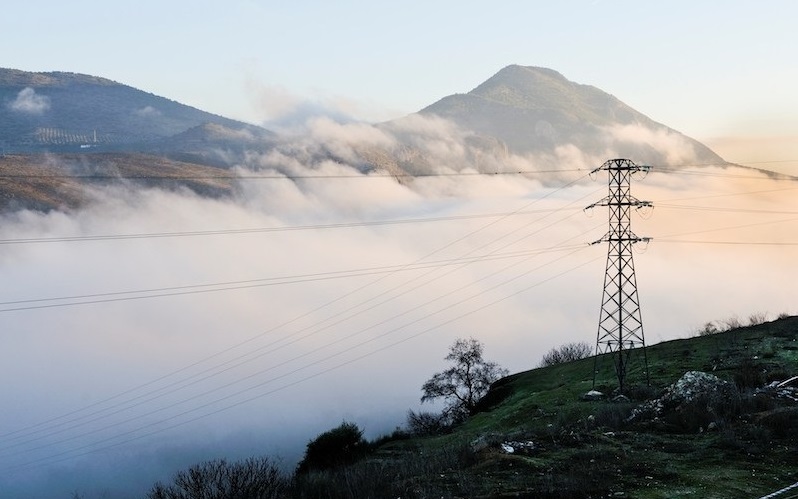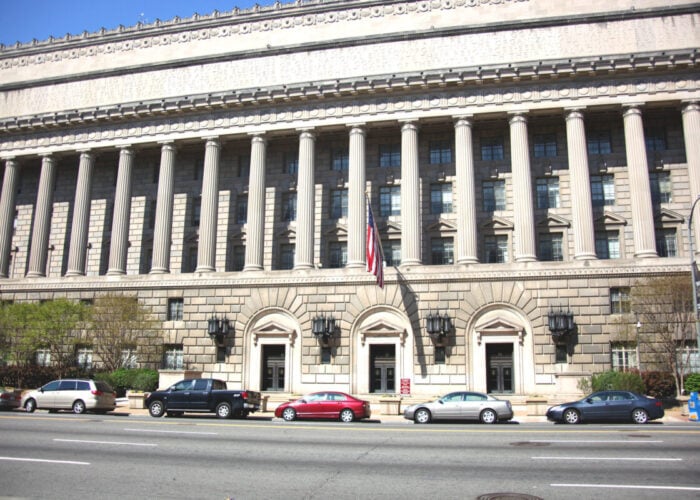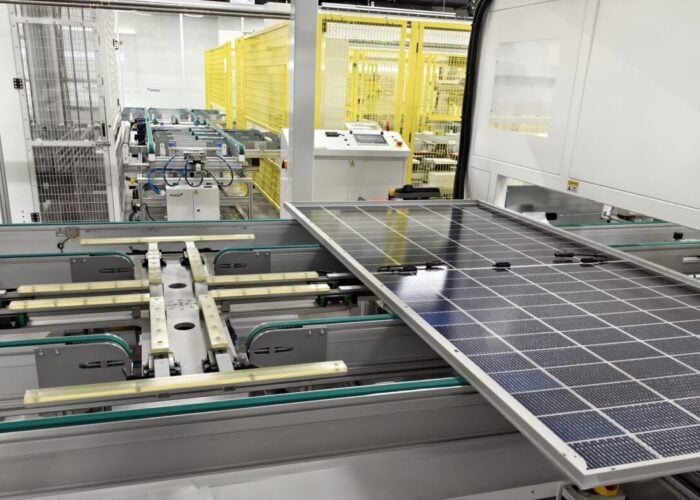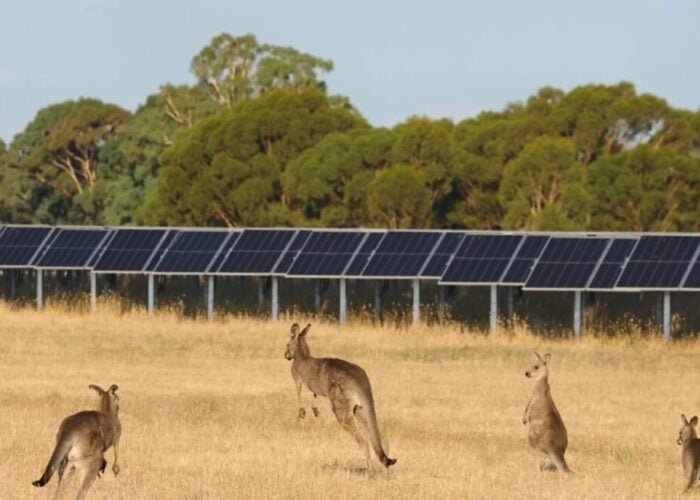
The investment required to upgrade and expand transmission infrastructure across the world will be a key challenge as more renewables come online, consultancy EY has warned.
While the “conditions are ripe for rapid growth” in renewables generation around the world, an immediate upgrade of energy transmission grids is now “critical”, EY said in its biennial Renewable Energy Country Attractiveness Index (RECAI).
Unlock unlimited access for 12 whole months of distinctive global analysis
Photovoltaics International is now included.
- Regular insight and analysis of the industry’s biggest developments
- In-depth interviews with the industry’s leading figures
- Unlimited digital access to the PV Tech Power journal catalogue
- Unlimited digital access to the Photovoltaics International journal catalogue
- Access to more than 1,000 technical papers
- Discounts on Solar Media’s portfolio of events, in-person and virtual
Given the extent of grid development needed across the globe, it will be crucial for all regulators to reconsider the permitting, regulatory and financing environment to help ensure outdated grid systems do not become a major hurdle in the race to net zero, according to the report.
“If sustainability goals are to be met, a 50% increase in grid spending could be needed over the next decade as markets adapt for a net zero future,” said Arnaud de Giovanni, EY global renewables leader, adding that the COP26 summit next month could be a watershed moment in combatting the climate crisis.
Ranking the world’s top 40 markets for the attractiveness of their renewable energy investment and deployment opportunities, RECAI placed the US top, a position it has held since the May 2020 edition when it leapfrogged China. Given new initiatives being announced by President Biden, the US is expected to hold its position.
However, given the hundreds of gigawatts of renewables capacity currently stuck in the country’s interconnection queues, EY said significant investment in transmission infrastructure will be a factor in meeting US emission reduction goals.
China and India remain unchanged in the rankings at second and third position, respectively, with the index highlighting the favourable regulatory and investment conditions in both markets.
The top-performing countries have held their ground in this latest issue, with no movement into or out of the top eight. France has leapfrogged the UK into fifth position, however, and Germany has edged back ahead of Australia into seventh.
A new entrant to RECAI, Indonesia is placed 39th, having set more ambitious renewables deployment targets that will see the country aim to install almost 4.7GW of solar by 2030.







